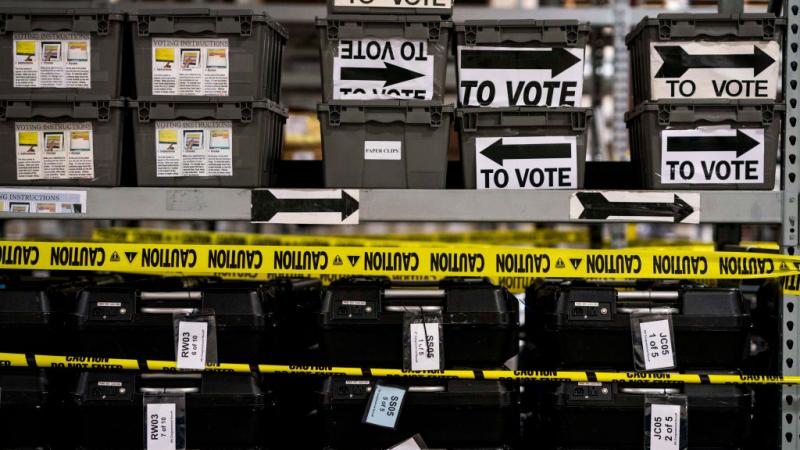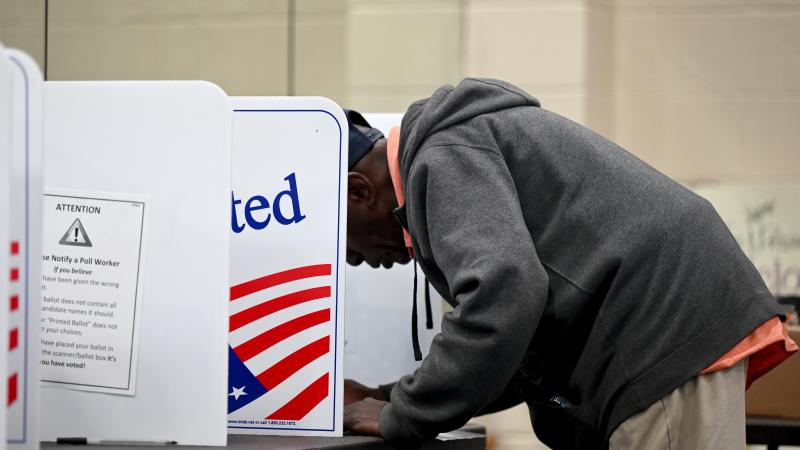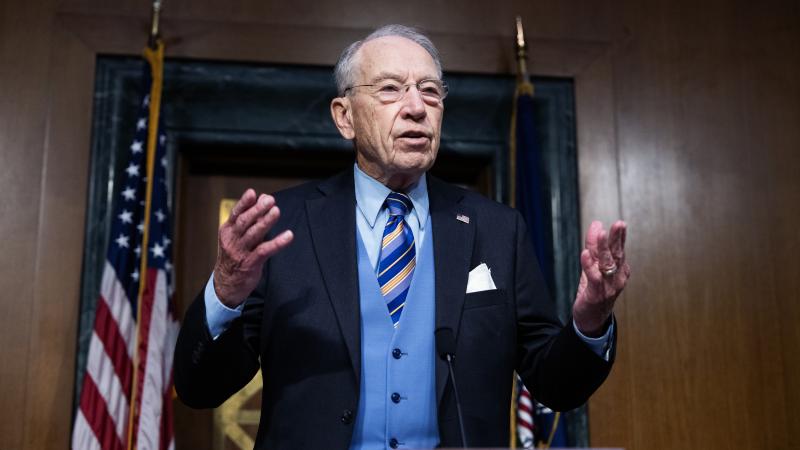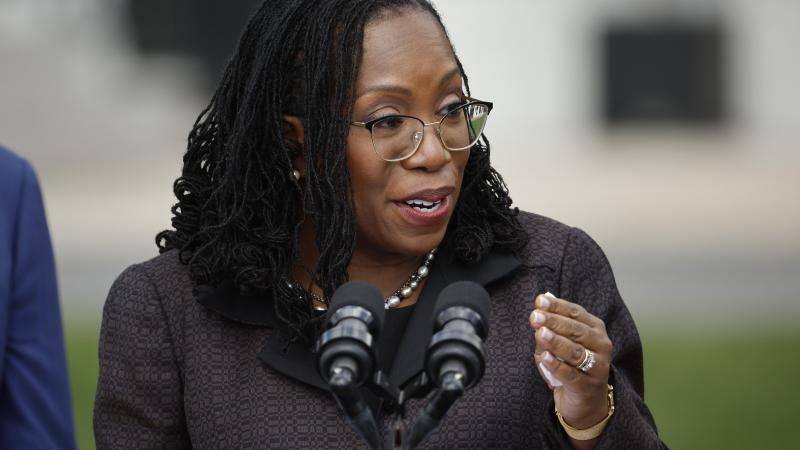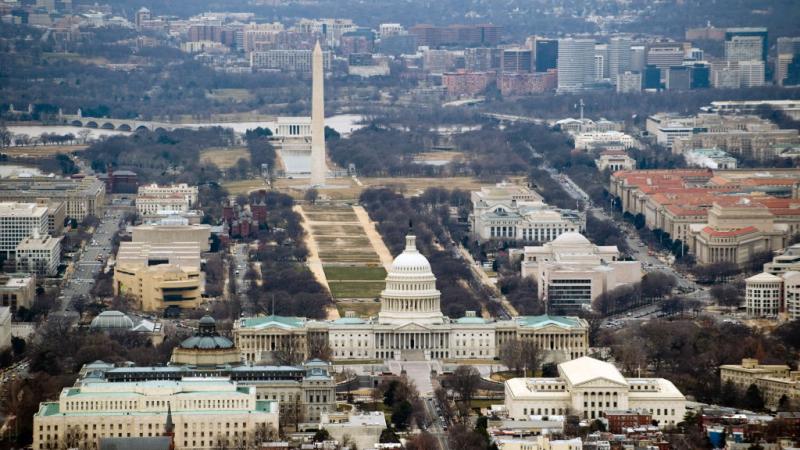Mississippi high court rules voters with COVID risks don't automatically qualify for absentee ballot
'Having a preexisting condition that puts a voter at a higher risk does not automatically create a temporary disability for absentee-voting purposes,' court rules.
Mississippi's Supreme Court has ruled that voters don't automatically qualify for absentee ballot just because they suffer from pre-existing conditions making them more vulnerable to COVID-19.
The high court's decision on Friday partly overturned Hinds County Chancery Judge Denise Owens, who ruled earlier this month that state law allows any voter with preexisting conditions impacting COVID-19 to vote by absentee ballot during the pandemic.
The justices ruled the local judge too broadly interpreted state law.
"The chancery court erred to the extent that its order declares ... any voter with preexisting conditions that cause COVID-19 to present a greater risk of severe illness or death to vote by absentee ballot during the COVID-19 pandemic," the majority opinion stated.
"Having a preexisting condition that puts a voter at a higher risk does not automatically create a temporary disability for absentee-voting purposes," the court ruled.
The state's highest court also ruled that a doctor's determination of coronavirus risk does not automatically qualify a voter for absentee voting.
"Had the Legislature intended to allow a voter to vote absentee based on a physician’s recommendation, it would have provided so accordingly with plain language. The Legislature did not do so," the justices said.

